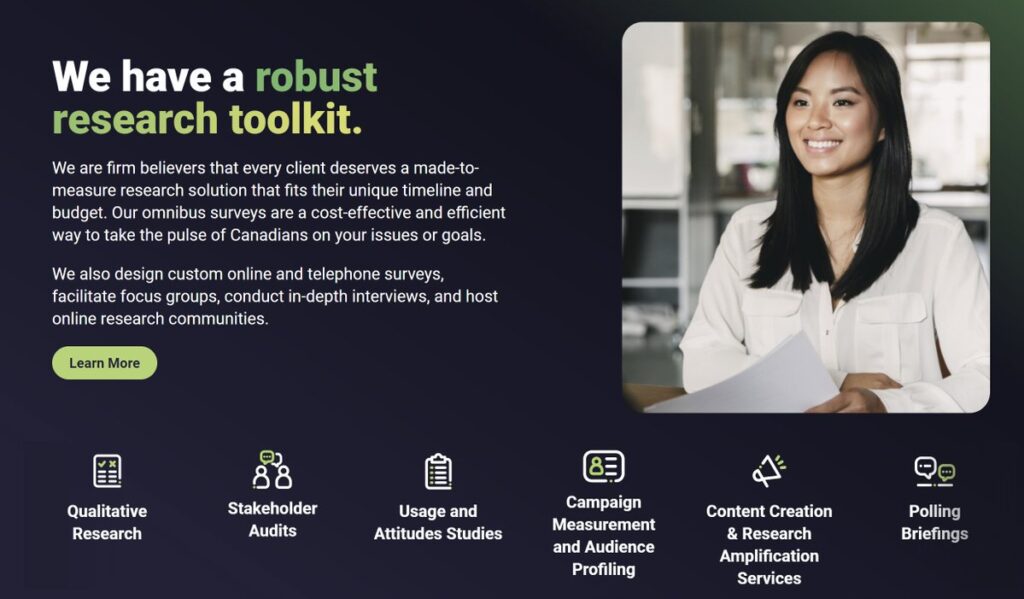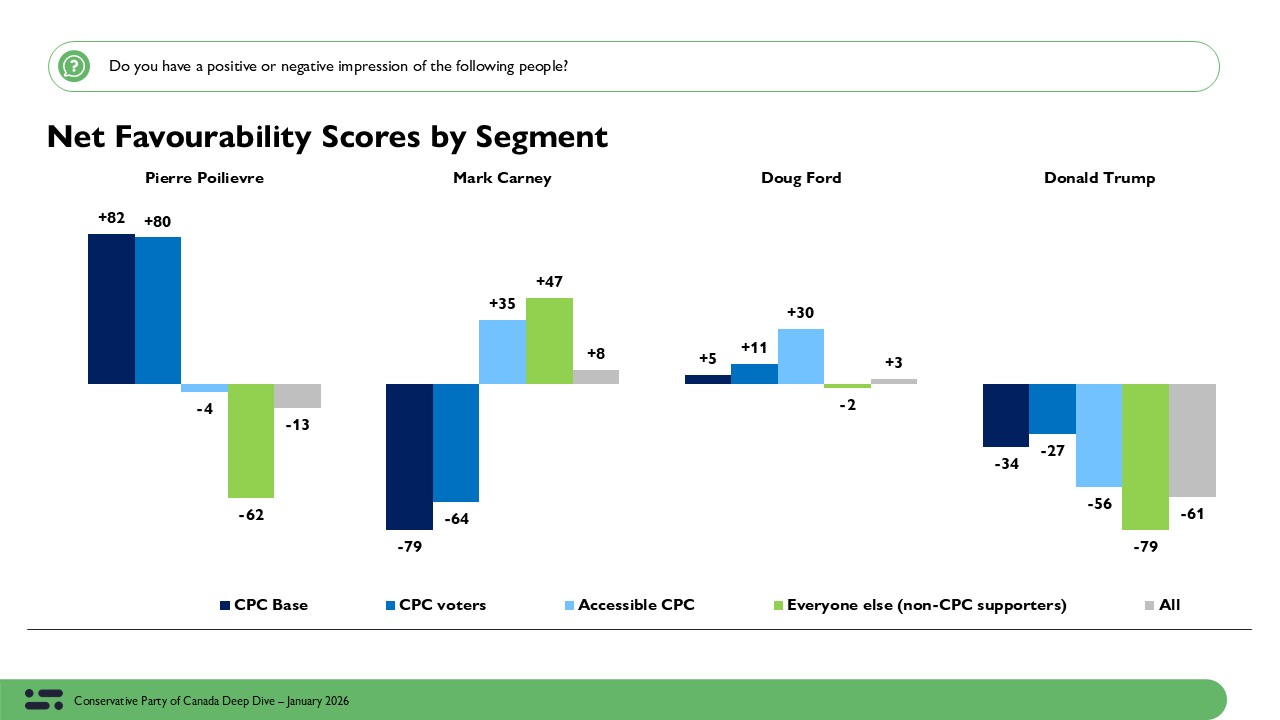Most Ontarians Skeptical of Ford’s Push to Eliminate School Trustees, Want Investment in Public Education
September 24, 2025
From September 11 to 13, 2025, Abacus Data conducted a survey of 2,000 Ontario residents for CUPE Ontario. We asked Ontarians about proposals being sounded by the Ford government to eliminate or restructure school boards and trustees, and whether they think governance structures or underfunding are at the heart of Ontario’s education challenges.
The results reveal a strong current of public skepticism toward the Ford government’s approach. Few Ontarians see trustee elimination as a solution to the problems facing schools. Instead, most believe underfunding is the real issue, view the government’s actions as a distraction or power grab, and assume negative or absent outcomes for classrooms. Strikingly, these views cut across political lines, leaving little political advantage for the government in pushing forward with restructuring.
Awareness of the Restructuring Proposal
Awareness of the issue is already high for a debate on school system governance – 6 in 10 Ontarians at least think they have heard about Ford’s proposals, and 4 in 10 are following the story at least somewhat closely.


Only 1 in 3 support eliminating trustees or restructuring boards, with opposition and uncertainty making up the clear majority. And when Ontarians are pressed on what outcomes would follow, seven in ten believe the changes would either make no difference for students or actively make things worse.


What Resonates with Ontarians is a Commitment to Resources, Not Governance
A majority in the province agree that the real problem in Ontario schools is underfunding, not trustees, and that trustees provide local accountability and give parents and communities a voice in education. It follows, then, that the majority also reject the notion that eliminating trustees will result in smaller class sizes, more educational assistants and better staffing, or improved infrastructure. Only a small subset (around 1 in 5) disagree with any of these notions.

Ontarians view Government’s Intentions
Views of the Ford government’s motivations are equally telling. Far more Ontarians believe Ford has underfunded schools by billions since taking power than disagree, and many assume his government is manufacturing this trustee fight as a distraction from its own record or to free up land for developers.

Issue That Could Split Ford’s Base
The survey included two questions that asked Ontarians to choose between two competing narratives about the government’s approach to education. In both cases, the majority (2 in 3) aligned with the view that the government should focus on increasing funding and protect local accountability rather than moving ahead with trustee elimination. Importantly, these results reveal significant divisions among Progressive Conservative voters, who split evenly between the two sides.


The Upshot
This survey shows that the Ford government has picked a fight that most Ontarians don’t want. Awareness is already high, but instead of building momentum, the public is approaching it with skepticism. Ontarians are unconvinced that reshaping school governance will fix real problems for students and education workers, instead seeing underfunding as the core issue.
Ontarians overwhelmingly prefer increased investment in public schools over eliminating trustees, and many view the government’s actions as anti-democratic. On a fundamental level, they do not see boards or local trustees as problems in need of fixing; rather, they view them largely as essential, democratic tools.
While overall opinion tilts against the government, the more striking finding is the lack of unity within its own base, suggesting limited political upside for the Ford government in pursuing this direction. The upshot is clear: pushing ahead with trustee elimination risks deepening public mistrust and further defining the Ford government as unwilling to fund Ontario classrooms.
Methodology
The survey was conducted with 2,000 Ontario residents from September 11 to 13, 2025. A random sample of panelists were invited to complete the survey from a set of partner panels based on the Lucid exchange platform. These partners are typically double opt-in survey panels, blended to manage out potential skews in the data from a single source.
The data were weighted according to census data to ensure the sample matched Ontario’s population by age, gender, educational attainment, and region. Totals may not add to 100 due to rounding.
The margin of error for a comparable probability-based random sample of the same size is +/- 2.19%, 19 times out of 20.
This survey was paid for by CUPE Ontario.
Abacus Data follows the CRIC Public Opinion Research Standards and Disclosure Requirements: https://canadianresearchinsightscouncil.ca/standards/.

ABOUT ABACUS DATA
We are Canada’s most sought-after, influential, and impactful polling and market research firm. We are hired by many of North America’s most respected and influential brands and organizations.
We use the latest technology, sound science, and deep experience to generate top-flight research-based advice to our clients. We offer global research capacity with a strong focus on customer service, attention to detail, and exceptional value.
And we are growing throughout all parts of Canada and the United States and have capacity for new clients who want high quality research insights with enlightened hospitality.
Our record speaks for itself: we were one of the most accurate pollsters conducting research during the 2025 Canadian election following up on our outstanding record in the 2021, 2019, 2015, and 2011 federal elections.
Contact us with any questions.
Find out more about how we can help your organization by downloading our corporate profile and service offering.



